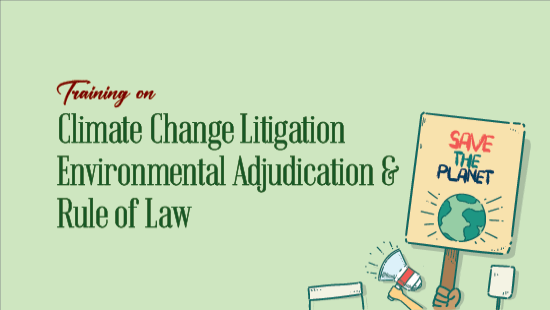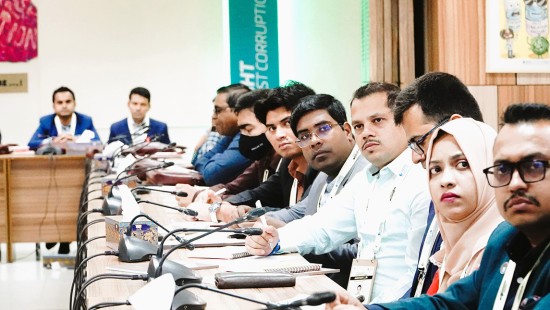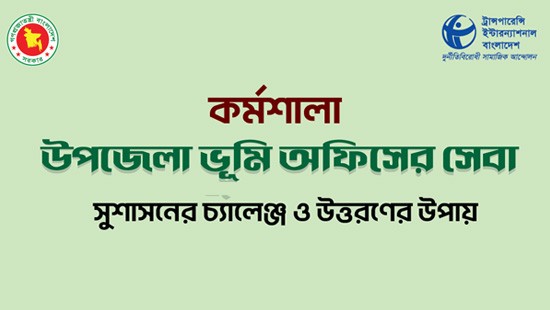Published: 05 March 2024
Rampant corruption goes on unabated in the country’s private bus transport business. It is also held hostage by the bus owner-worker associations and syndicate, backed by the ruling political party. In some cases, even the government seems powerless before them.
A study of Transparency International Bangladesh (TIB) has revealed that private buses and minibuses pay nearly TK 1,059.37 crore as extortion money every year. Political affiliates, highway police personnel, city corporations, and Bangladesh Road Transport Authority (BRTA) and municipality officials are among those implicated in collecting the illicit money. Of the total amount, the highest, more than BDT 900 crores, is paid to BRTA officials and employees as bribes for registration, certification, and renewal of vehicles.
The findings of the study - "Integrity in Private Bus Transport Business" - were disseminated in a press conference at TIB’s Dhaka office today.

Conducted between May 2023 and February 2024, the study surveyed 701 bus workers/labourers, 168 bus owners, 696 bus passengers, and observed 51 bus terminals. Additionally, 37 key informants, including researchers/experts, journalists, and city corporation officials, were interviewed. The study also reviewed related documents. Surveys were conducted in 32 districts on private bus transportation.
The research has also found that a small number of owners control the majority of buses in the country. Specifically, 22 companies, accounting for 13.1 per cent of the total surveyed, own 81.4 per cent of the bus transport business. Besides, almost 92 per cent of the bus owners are associated with political parties, of whom 80 per cent are with the ruling political party and 12 per cent are with other parties. This political connection gives them power to exercise influence over decision-making processes in this sector for personal gain.
In 2019, the then home minister commented that "an environment conducive to law enforcement has not been established". He said it in the context of workers’ protests, demanding amendments to nine sections of the Road Transport Act 2018. As a result, effective implementation of the Act was not possible, indicating the sector's hostage situation in the hands of bus owners’ and workers’ associations.
Some 40.9 per cent of the transport workers, participating in the study, have mentioned that one or more buses in their companies do not have registration or other necessary certificates. Of them, 24 per cent of the workers have said some buses of their companies do not have fitness certificates, while 22 per cent have said the buses do not have route permits.
The study findings also shed light on discrepancies in working hours of transportation workers and their poor wages as well as overall mismanagement and irregularities in the private bus transport business.
To read more, follow: https://www.ti-bangladesh.org/articles/research/6926






